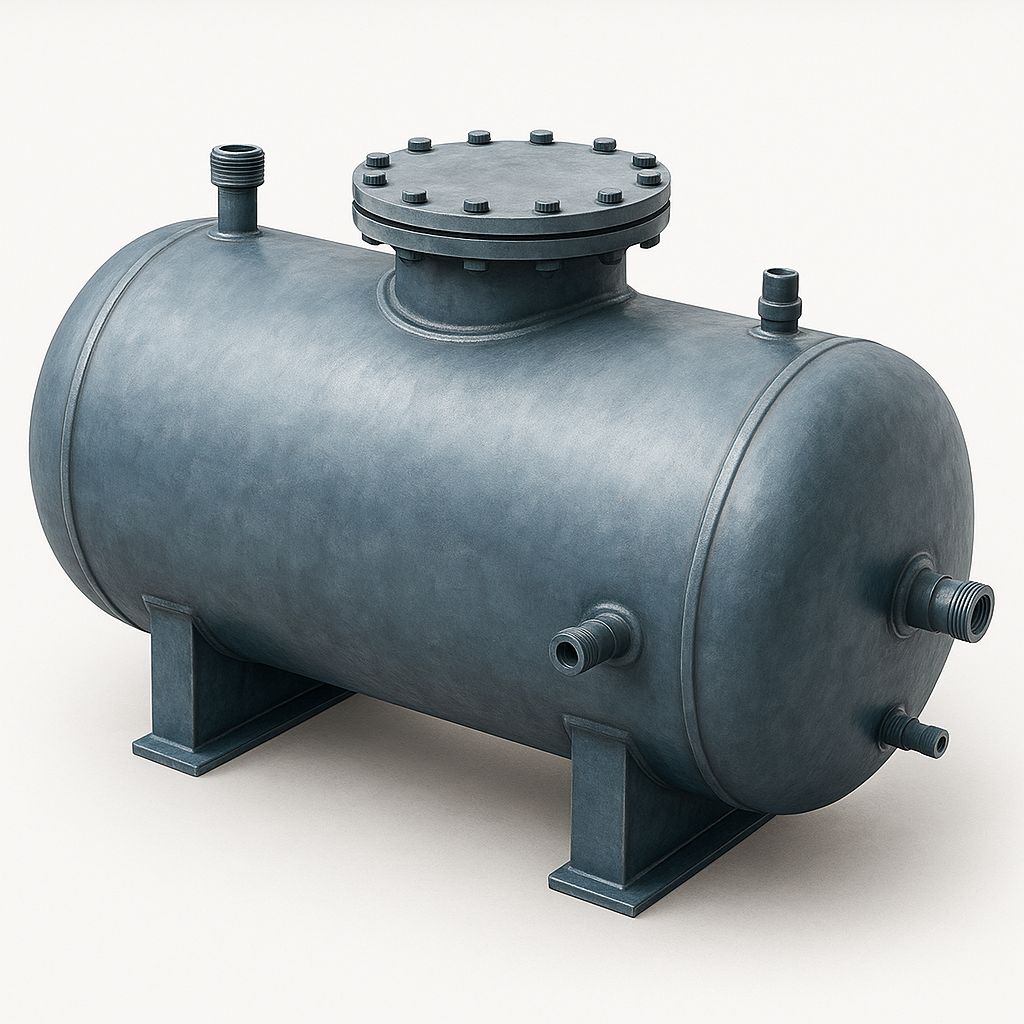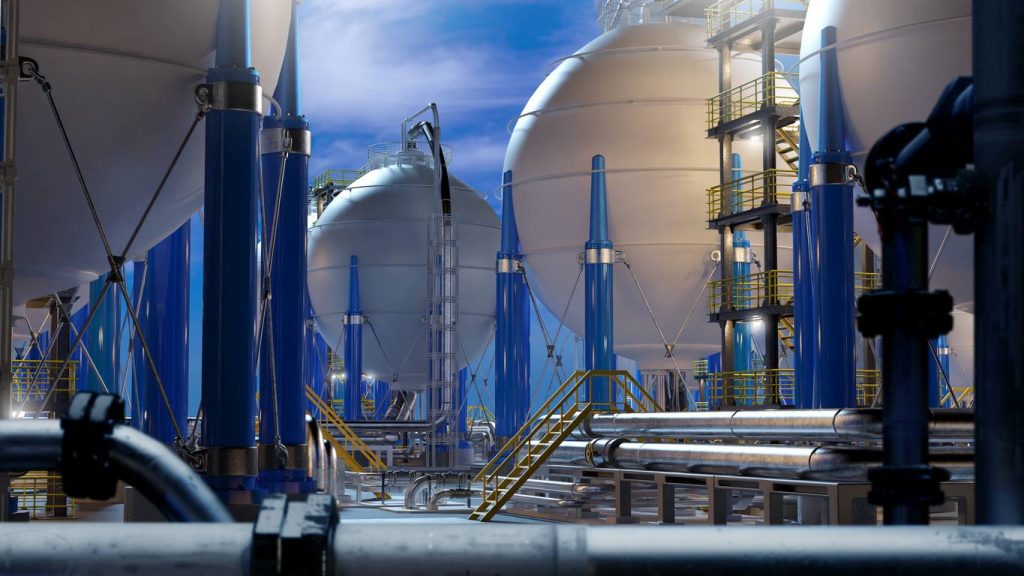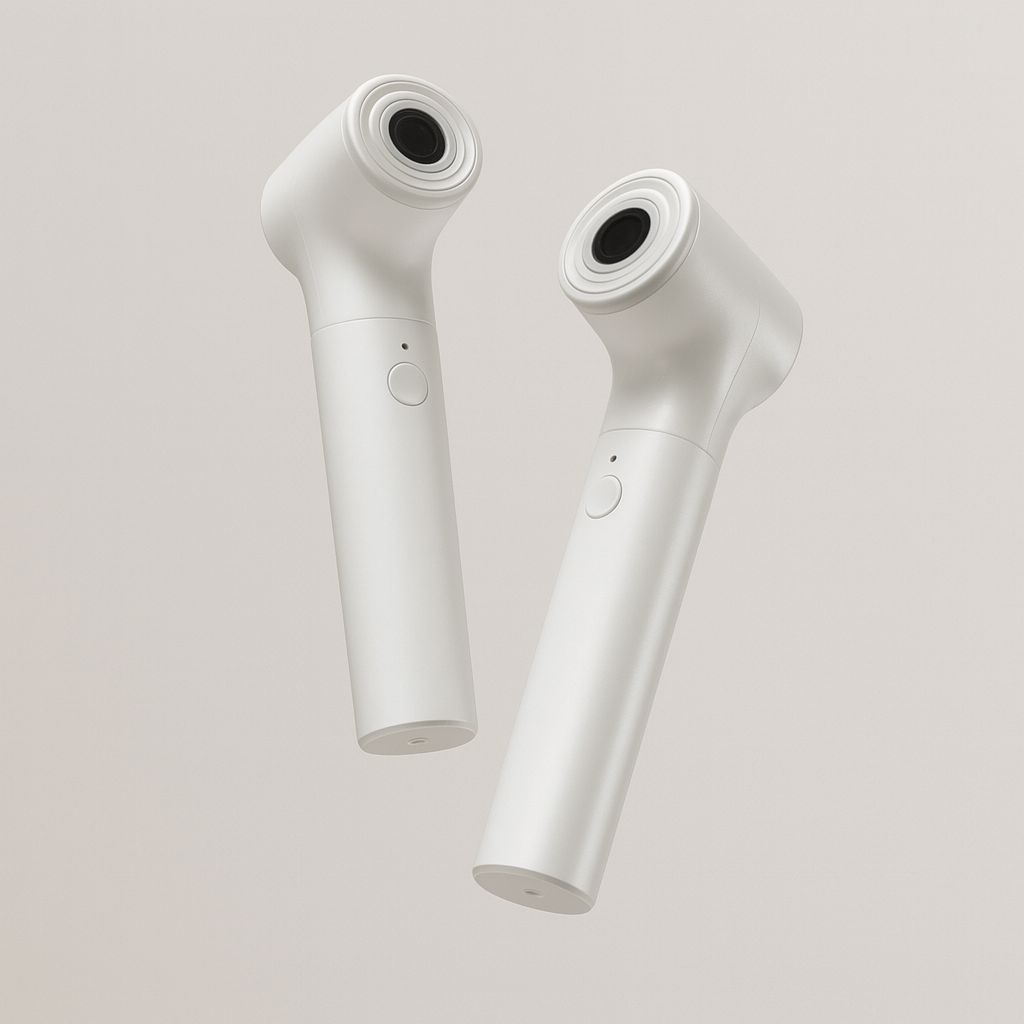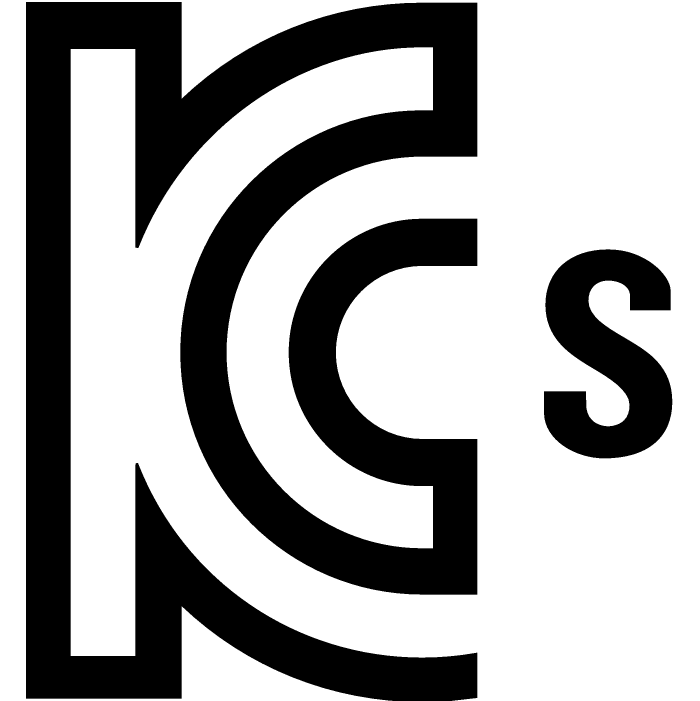Korea prepares new NDT Re-Inspection Standards for Hydrogen Pressure Vessels
South Korea is set to introduce a revised re-inspection standard for pressure vessels used in hydrogen refueling stations, incorporating non-destructive testing (NDT) methods. The amendment to KGS AC116—covering storage tanks and pressure vessels for high-pressure gas—establishes acoustic emission testing and other NDT techniques as mandatory for identifying internal defects in Type-1 pressure vessels used in compressed gas facilities. In alignment with the Enforcement Regulations of the High Pressure Gas Safety Management Act, the revised definition now includes pressure vessels employed at hydrogen fueling sites and for storing compressed gases from treatment systems. Additionally, re-inspection items will now explicitly reference inspection criteria outlined in KS B 6755 and the application of non-destructive testing limited to Type-1 vessels. Pressure vessels usually require KGS factory registration in order to be approved for import and sale in Korea.

The proposed acoustic emission test must be conducted three times to assess suitability. If any signals indicate a potential defect, further NDT methods are required to measure defect depth. A transition period of 24 months will apply after the amendment takes effect, allowing time for the development of detailed standards, including training requirements and procedural guidelines for re-inspection personnel.
Feel free to contact us any time if you need assistance or have any questions regarding Korean certifications like KC, KC EMC, KCs, KCs for explosion safety products or KGS factory registration.
Tel. Europe: +49-69-271 37 69 259
Tel. US: +1 773 654-2673
Email: info@korea-certification.com
For more information you can download our free brochure “Korea Certification Made Easy – The Booklet“.
Korea extends Hydrogen Infrastructure with new Clusters in Eastern Provinces
The Ministry of Trade, Industry and Energy has confirmed plans to establish two hydrogen clusters in the eastern provinces, aiming to accelerate the growth of hydrogen-related industries. Beginning in March next year, a dedicated industrial complex for hydrogen storage and transportation will be constructed in the cities of Donghae and Samcheok in Gangwon Province. In addition, Samcheok is slated to host a hydrogen liquefaction facility, contingent on the results of an economic feasibility study scheduled for completion in July.
Pressure vessels and other systems related to hydrogen power systems usually require KGS certification in order to be approved for import and sale in Korea.

Further south, Pohang in South Gyeongsang Province will see the launch of a new industrial complex for hydrogen fuel cell manufacturing later this year, positioning the city as a future hub for hydrogen battery exports. To fund these initiatives, the central and local governments have allocated a combined 214.2 billion won (approximately USD 158 million) through 2028, while the private sector is expected to contribute an additional 293.6 billion won. According to the ministry, the overarching goal is to build a comprehensive industrial ecosystem that spans the entire hydrogen value chain, from production and storage to transport and end use.
Feel free to contact us any time if you need assistance or have any questions regarding Korean certifications like KC, KC EMC, KCs, KCs for explosion safety products or KGS factory registration.
Tel. Europe: +49-69-271 37 69 259
Tel. US: +1 773 654-2673
Email: info@korea-certification.com
For more information you can download our free brochure “Korea Certification Made Easy – The Booklet“.
Korean Appliance Makers accelerate Entry into Beauty Device Market amid Home-care Trend
South Korea’s small and mid-sized home appliance manufacturers are increasingly diversifying into the beauty device sector to capitalize on the rising demand for home-care products. Leveraging existing expertise in high-frequency, ultrasound, and cooling technologies, companies like Cuckoo, At Home, and Chungho Nais are launching new skincare tools and expanding product lines. Cuckoo, known for its kitchen appliances, introduced the “Renature Medikin HI” skincare device following a 33% year-on-year increase in hair-care gadget sales. Meanwhile, At Home’s esthetic brand “Thome” achieved sell-out success with its “The Glow” droplet ultrasound device. These firms are combining technological capabilities with design innovation to differentiate themselves in a competitive market. Home appliances like Beauty Devices usually require KC Safety certification in order to be approved for import and sale in Korea.

Design and service offerings are emerging as key differentiators. Chungho Nais collaborated with Dongkook Pharmaceutical to launch the “Madeca Prime Ritual White Pearl Chungho Package,” inspired by the traditional gua sha technique. Ceragem, known for massage chairs, entered the beauty market with its “Cellunic MediSpa Pro,” available for trials at its wellness cafés, leading to a 27.4% increase in trial users in Q2 2025. Industry forecasts suggest the Korean beauty device market, which expanded from 500 billion won in 2018 to 1.6 trillion won in 2022, will surpass 3.4 trillion won by 2030 with annual growth over 10%. As interest in K-beauty grows globally, small and mid-sized manufacturers are expected to pursue international expansion, backed by South Korea’s strong technological reputation.
Feel free to contact us any time if you need assistance or have any questions regarding Korean certifications like KC, KC EMC, KCs, KCs for explosion safety products or KGS factory registration.
Tel. Europe: +49-69-271 37 69 259
Tel. US: +1 773 654-2673
Email: info@korea-certification.com
For more information you can download our free brochure “Korea Certification Made Easy – The Booklet“.
58 Imported Products fail Korean Safety Standards, including Water Toys and LED Fixtures
The Korean Agency for Technology and Standards (KATS), under the Ministry of Trade, Industry and Energy, has announced that 58 out of 396 imported products purchased via international online platforms failed to meet national safety requirements. The investigation focused primarily on summer-related goods such as water toys and seasonal textiles like swimsuits and summer clothing.
Many products require KC Safety Certification as proof of compliance with Korean safety standards, and in order to be approved for import and sale on the Korean market.

Among the 396 tested items, a total of 91 were electrical products, with 18 failing safety tests—particularly LED lighting fixtures (8), plugs and outlets (4), and DC power supplies (3). Of 109 household items examined, 17 were non-compliant, including inflatable water toys (14), electric scooters (2), and one swimsuit. In the children’s category, 23 out of 196 items were found non-compliant, including children’s textile products (9), water play items (8), and infant textiles (3). Notably, 22 out of 27 water toys, 8 out of 9 LED fixtures, and 4 out of 5 plugs and outlets failed to meet safety criteria, highlighting these items as particularly risky when purchased from foreign sellers.
Online platforms have been urged to block the sale of these items. KATS plans to conduct additional safety inspections on imported goods in the second half of the year and continue monitoring online platforms to block the entry of unsafe products into the domestic market.
Feel free to contact us any time if you need assistance or have any questions regarding Korean certifications like KC, KC EMC, KCs, KCs for explosion safety products or KGS factory registration.
Tel. Europe: +49-69-271 37 69 259
Tel. US: +1 773 654-2673
Email: info@korea-certification.com
For more information you can download our free brochure “Korea Certification Made Easy – The Booklet“.



